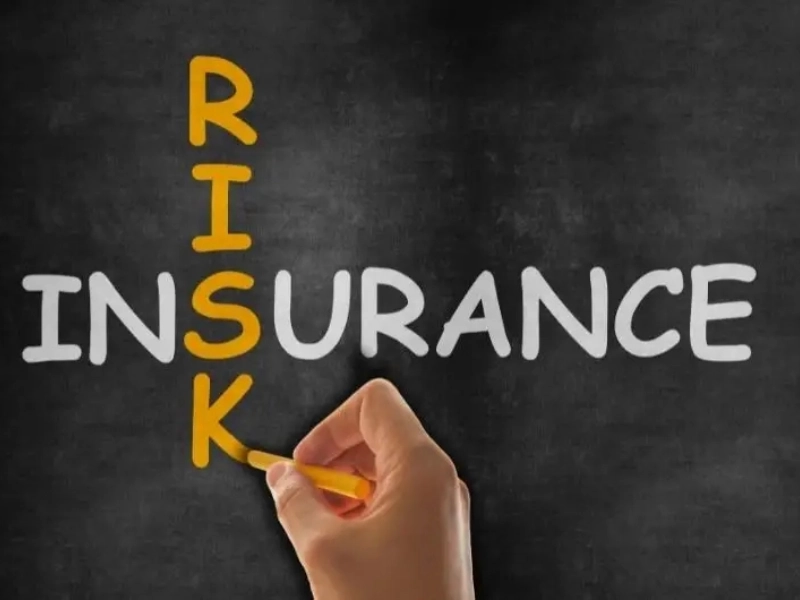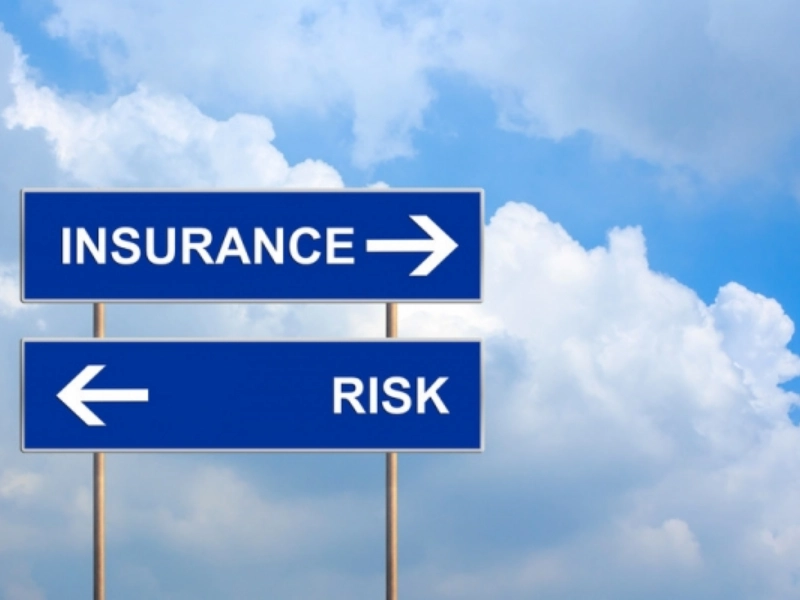While exploring new areas via travel can be enjoyable, there are certain health hazards involved as well. By taking a few preventive measures, it is possible to travel safely and healthily. Verify that you are covered for travel overseas by your health insurance policy. Tell your insurance provider about any life-threatening pre-existing conditions, and if appropriate, select coverage tailored to your destination.

 It's best to be ready for anything that can come up when traveling. Your travel insurance will cover you if you end up in a difficult position.
Traveler's diarrhea (TD) is a medical disease that is the most prevalent consequence of traveling abroad. Travelers with impeccable hygiene can nevertheless contract TD from poorly maintained local restaurant sanitation, even though TD can be avoided with cautious food selection and comprehensive water purification.
Make sure you pack a supply of oral rehydration salts, which help replenish lost fluids, and antidiarrheals, such as Imodium. Additionally, think about bringing altitude sickness medication, like Diamox, which relieves headaches and dizziness brought on by high altitudes.
It's best to be ready for anything that can come up when traveling. Your travel insurance will cover you if you end up in a difficult position.
Traveler's diarrhea (TD) is a medical disease that is the most prevalent consequence of traveling abroad. Travelers with impeccable hygiene can nevertheless contract TD from poorly maintained local restaurant sanitation, even though TD can be avoided with cautious food selection and comprehensive water purification.
Make sure you pack a supply of oral rehydration salts, which help replenish lost fluids, and antidiarrheals, such as Imodium. Additionally, think about bringing altitude sickness medication, like Diamox, which relieves headaches and dizziness brought on by high altitudes.
 While traveling can be a fantastic way to discover a new culture, it can also be physically taxing. Plan rest days for yourself to prevent being overtired from your journey.
Visiting a hot spring or reserving a hotel room with relaxing features are easy ways to accomplish this. You can reevaluate your demands and modify your vacation plans by taking a break from your agenda.
Carrying modest personal safety devices like whistles or sirens is a wonderful idea when traveling overseas. They are easy to conceal and carry around in your pocket or backpack in case you feel threatened, unlike mace.
While traveling can be a fantastic way to discover a new culture, it can also be physically taxing. Plan rest days for yourself to prevent being overtired from your journey.
Visiting a hot spring or reserving a hotel room with relaxing features are easy ways to accomplish this. You can reevaluate your demands and modify your vacation plans by taking a break from your agenda.
Carrying modest personal safety devices like whistles or sirens is a wonderful idea when traveling overseas. They are easy to conceal and carry around in your pocket or backpack in case you feel threatened, unlike mace.
 Traveling to many places typically involves interacting with the local animals, but it's necessary to be aware of the risks. It is advisable to keep a respectful distance from wild creatures, as they may become frightened or violent due to your presence, whether you are admiring elephants in Bangkok or monkeys in Bali.
Additionally, infections can be transmitted via rodent bites or scratches, and bats can transmit the Marburg virus, histoplasmosis, rabies, and Ebola. And last, there's a chance of bacterial illness from pet licks. If you've been bitten, get medical help right away.
Traveling to many places typically involves interacting with the local animals, but it's necessary to be aware of the risks. It is advisable to keep a respectful distance from wild creatures, as they may become frightened or violent due to your presence, whether you are admiring elephants in Bangkok or monkeys in Bali.
Additionally, infections can be transmitted via rodent bites or scratches, and bats can transmit the Marburg virus, histoplasmosis, rabies, and Ebola. And last, there's a chance of bacterial illness from pet licks. If you've been bitten, get medical help right away.
 A lot of us have been annoyed by misplaced travel accessories. It can be annoying to have to look for things, like your go-to cap or a pair of sunglasses.
Always keep your bags visible to avoid this. Ask a reliable travel partner to watch your bag if you are unable to carry it with you and are at the beach or in a hotel room.
Don't forget to bring a first-aid kit with bandages, antacids, painkillers, hand sanitizer, and a thermometer. In order to cover any medical problems that may arise while you're abroad, you should also think about getting a short-term supplemental health insurance policy.
A lot of us have been annoyed by misplaced travel accessories. It can be annoying to have to look for things, like your go-to cap or a pair of sunglasses.
Always keep your bags visible to avoid this. Ask a reliable travel partner to watch your bag if you are unable to carry it with you and are at the beach or in a hotel room.
Don't forget to bring a first-aid kit with bandages, antacids, painkillers, hand sanitizer, and a thermometer. In order to cover any medical problems that may arise while you're abroad, you should also think about getting a short-term supplemental health insurance policy.
 You can see new locations and make lifelong memories when you travel, which can be an exhilarating and exciting experience. However, losing valuables or falling victim to theft may also be stressful and anxiety-inducing.
Thankfully, there are steps you can take to reduce this risk. First, make sure you only bring the barest minimum of valuables with you. This means avoiding bringing a lot of cash, pricey handbags, or exquisite jewelry when traveling. Secondly, it is a good idea to conceal your valuables in places that a burglar would not think to look (such as a case for your sunglasses or bra). Lastly, always carry duplicates of your critical records and information with you.
You can see new locations and make lifelong memories when you travel, which can be an exhilarating and exciting experience. However, losing valuables or falling victim to theft may also be stressful and anxiety-inducing.
Thankfully, there are steps you can take to reduce this risk. First, make sure you only bring the barest minimum of valuables with you. This means avoiding bringing a lot of cash, pricey handbags, or exquisite jewelry when traveling. Secondly, it is a good idea to conceal your valuables in places that a burglar would not think to look (such as a case for your sunglasses or bra). Lastly, always carry duplicates of your critical records and information with you.
 While sharing your trip experiences and being in touch with loved ones might be facilitated by remaining connected, it's crucial to keep in mind that technology should be utilized to enhance rather than detract from the experience. Try not to use WiFi networks too often and only check your email and social media occasionally.
Whether you're going by car, train, or aircraft, don't forget to include basic first aid supplies like sticky bandages, an insect repellent with DEET, an acetaminophen and ibuprofen small kit, motion sickness medication, and antidiarrheals. Supplemental travel medical coverage, which usually pays for costs not covered by your primary health insurance plan, is something else you might want to think about getting.
While sharing your trip experiences and being in touch with loved ones might be facilitated by remaining connected, it's crucial to keep in mind that technology should be utilized to enhance rather than detract from the experience. Try not to use WiFi networks too often and only check your email and social media occasionally.
Whether you're going by car, train, or aircraft, don't forget to include basic first aid supplies like sticky bandages, an insect repellent with DEET, an acetaminophen and ibuprofen small kit, motion sickness medication, and antidiarrheals. Supplemental travel medical coverage, which usually pays for costs not covered by your primary health insurance plan, is something else you might want to think about getting.